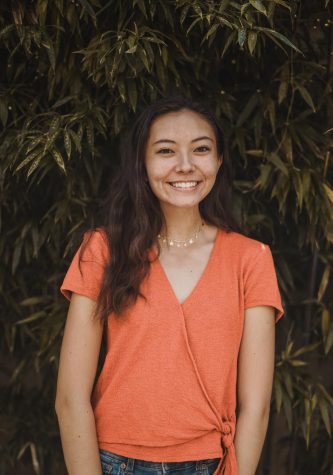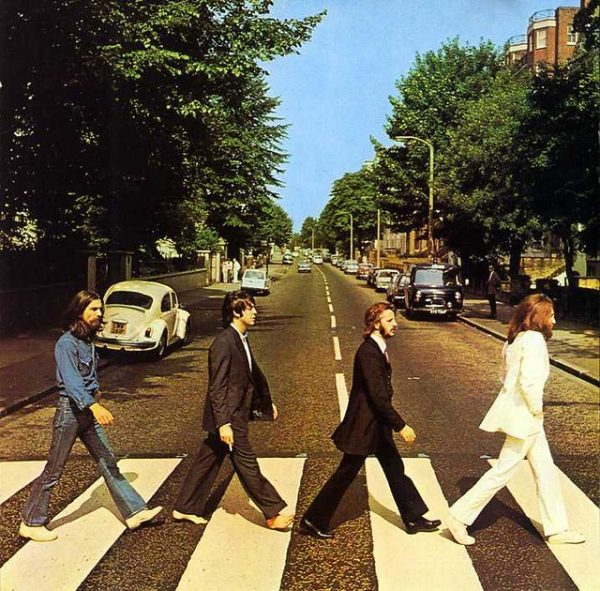Insecure? You’re Not Alone
Reading Time: 2 minutesAlmost everyone is self-critical in some way. From the shyest person in the back of the classroom to the star athlete, we all have some doubt about who we are. For a number of reasons, ASIJ students seem particularly susceptible to self-dissatisfaction: feeling pressure to get good grades, striving to exceed in extracurriculars and trying to fit into an international community.
Speaking with several students, I found that many had similar thoughts about how, since moving to ASIJ, they have experienced more pressure to achieve a certain look or personality. One student said, “I feel like there’s a stereotypical notion here that you have to look and act a certain way.” One insecurity that frequently came up in my conversations with students related to body image. Another student lamented, “I wish I was more fit and active; that’s one of my biggest insecurities. I feel like sometimes I have to look that way to not necessarily fit in, but to be considered pretty.” Others interviewed stated that when they came to ASIJ, they realized they were more conscious of their bodies and how they were viewed by others.
Other students also mentioned that since moving to ASIJ, they have felt more pressure to get better grades; they now compare themselves to their peers more often. HS counselor Warren Lavender says that the most common insecurity he sees when students come to talk to him is that they think they are “not good enough,” particularly in their academic lives. Lavender explains, “They’ll say ‘so and so is so much smarter than me.’ They might be in the 95th percentile for the SAT, but in our school, they might be in the 55th percentile―which still means they’re above average―but to them, it’s always not good enough.”
If these insecurities aren’t addressed, they can deeply affect a student’s mental health, leading to serious illnesses, such as depression and anxiety. Surprisingly, most students that I interviewed said that they would not want to speak to a counselor if they encountered any issues concerning their insecurities. Of course, it’s difficult to open up to an adult, but if those who suffer remain silent, it is difficult for counselors to solve things. Mr. Lavender passed on some encouragement, saying “Part of our job is to tell [students] that they will be okay.”
One student suggests that being surrounded by people who make you feel comfortable and having a good group of friends can help combat those insecurities. Other students have also said that they would rather speak to their parents. Whichever the preference, any students feeling insecure about themselves should understand that they are not alone. Being ourselves is actually not easy, especially in these four crazy years of high school. It’s inevitable that we will experience cracks in our self-esteem―it’s part of being human. We are only high schoolers for a short time, so let’s remember to enjoy these years, not give into thoughts and feelings that bring us down.

I was born and raised in Tokyo, and I have a strong passion for traveling the world and immersing...






Riko • Dec 12, 2019 at 10:06 AM
I thought this was very true and it is something that I notice in most of my peers as well. Mostly I think because it is so talked about not only among teachers and parents but peers to. I feel like people are constantly discussing grades. ASIJ is not a huge school and theirs not many people so word here spreads very fast and I even hear people say “oh that girl is known to be dumb” or this or that and I wonder why we do that to ourselves making everything so competitive.
C Bennett • Mar 11, 2019 at 1:35 PM
Thank you for writing about this very important topic. It is my hope that ASIJ can be a place where every student feels welcome for who they are and not who they think they should be. I would love for students to get together to talk about how we can support increased student self-acceptance and self-esteem.